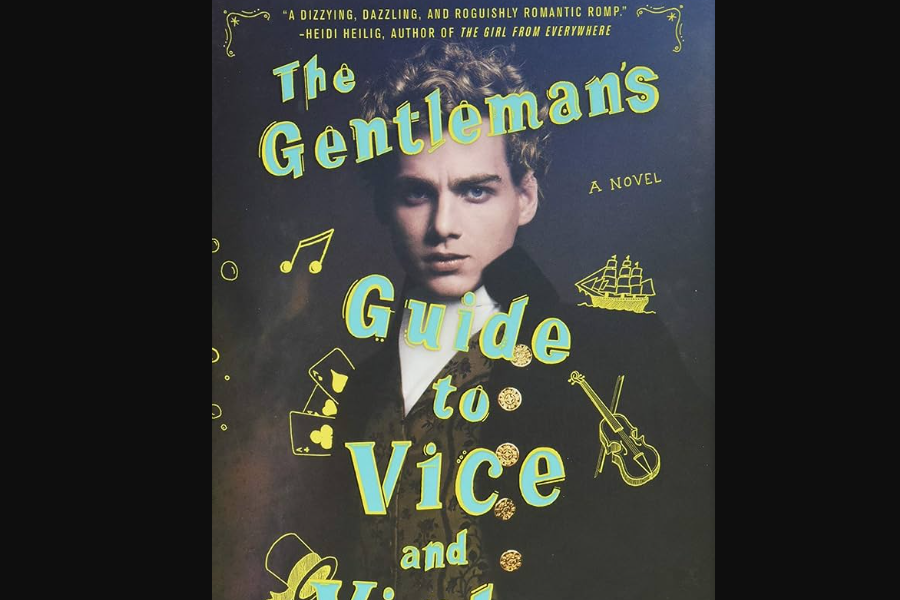One of the most notable features of WA is its extensive selection of clubs that students can be a part of. One of those clubs is the WA Book Club, which is run by seniors Jocelyn Vogel and Meaghan Lu. The club’s members read a new book every month, and this month, they are reading the novel A Gentleman’s Guide To Vice and Virtue by Mackenzie Lee.
The book is a historical fiction novel about a young boy named Henry (Monty) Montague, who is accompanied by his best friend and unrequited love Percy Newton, and sister Felicty Montague on a tour around Europe. Their tour gets cut short when his carriage is attacked by a group of powerful men in search of a mysterious object.
The story tackles modern issues faced by people in 18th century England that people don’t get to hear about often. Characters are shown struggling with being queer in a society where that is thought to be a sin, being a woman in a male-run society, and with issues with mental and physical health in a time where that wasn’t understood as much as today.
I quite enjoyed the book, and found the delicate balance between the slight undertones of fantasy and reality to be very well done. I think that the plot of the book was engaging,the humor entertaining, and I really enjoyed learning about times in history from the eyes of people whose perspectives we don’t get to see as often.
However, my biggest issue with this book were the characters. I found Percy and Felicity to be loveable characters with interesting stories, but Monty was, at times, difficult to read about. His character is supposed to be very naive to the issues his loved ones face, and very self-absorbed. He tends to make situations about himself, and tends to disregard people’s issues unless they directly affect him. As nice as it is to see him grow from that person, it makes reading the novel, especially the beginning, difficult because of his unlikeability.
Another small issue I had was an error within the language itself. The book takes place in different countries around Europe, and therefore includes a few phrases in separate languages. These phrases are most commonly in either French or Catalan. Catalan is a language spoken in northeastern Spain, in an area called Catalonia. I speak Catalan, and I noticed some inaccuracies in the translation. There’s a moment where a character says “bona dia,” when the correct phrase is “bon dia.” Another Catalan character used the term of endearment “mijo”, which is used in Latin American countries, rather than Spain, and is used even less in Catalonia. It feels as if Lee didn’t put in the proper effort to research other cultures outside of her own, and she could have benefited from hiring a translator to look over her work.
Despite these issues, I still found the general energy of the book to be incredibly captivating, and I did really enjoy the ending. This is a great book to read if you’re interested in adventure novels with a found family dynamic, like Six of Crows or the Percy Jackson series.
Book Club meets the last Wednesday of every month, to join, reach out to either Vogel or Lu.
8.5/10








